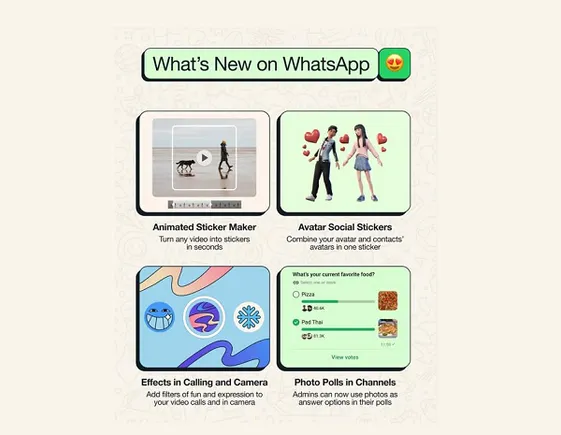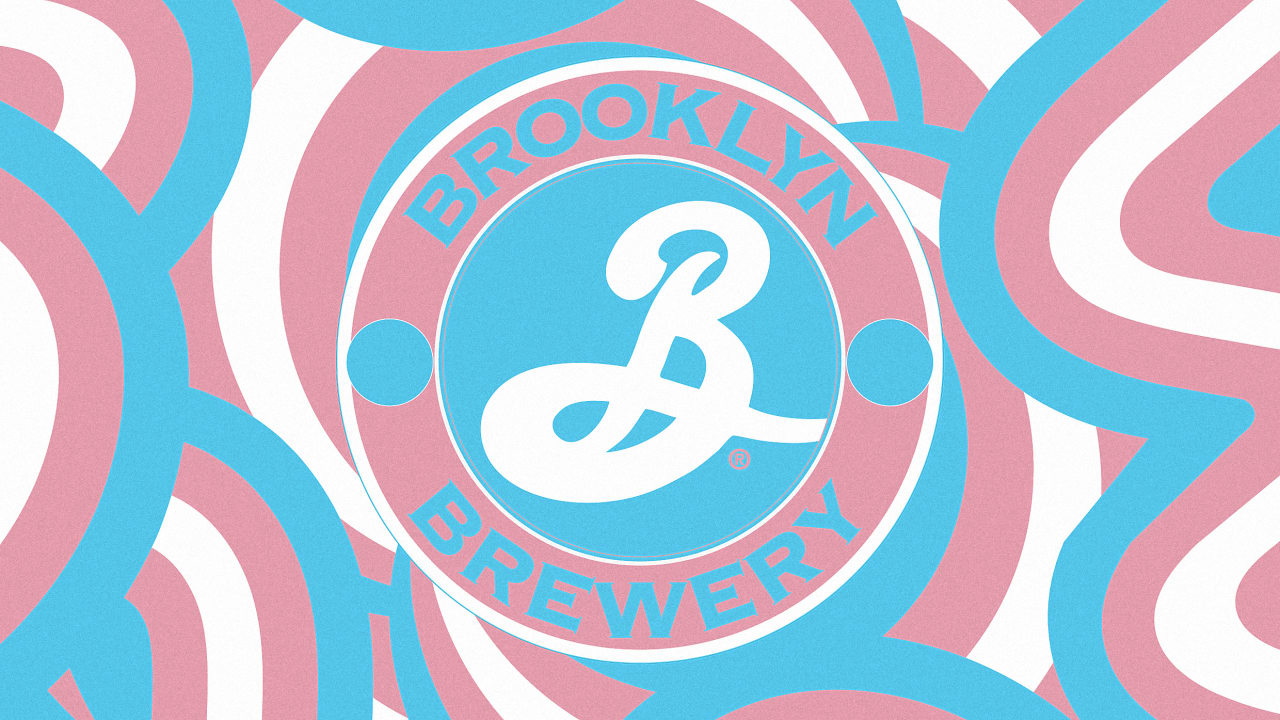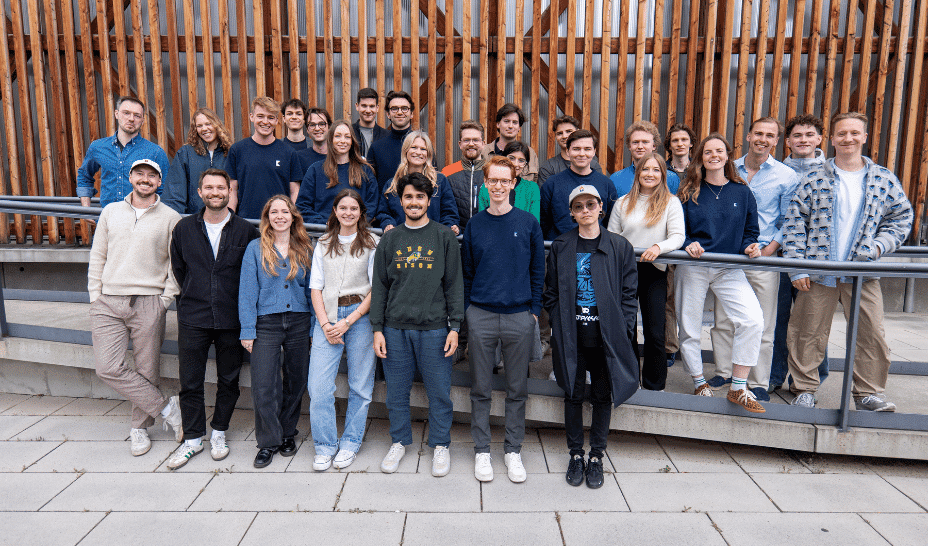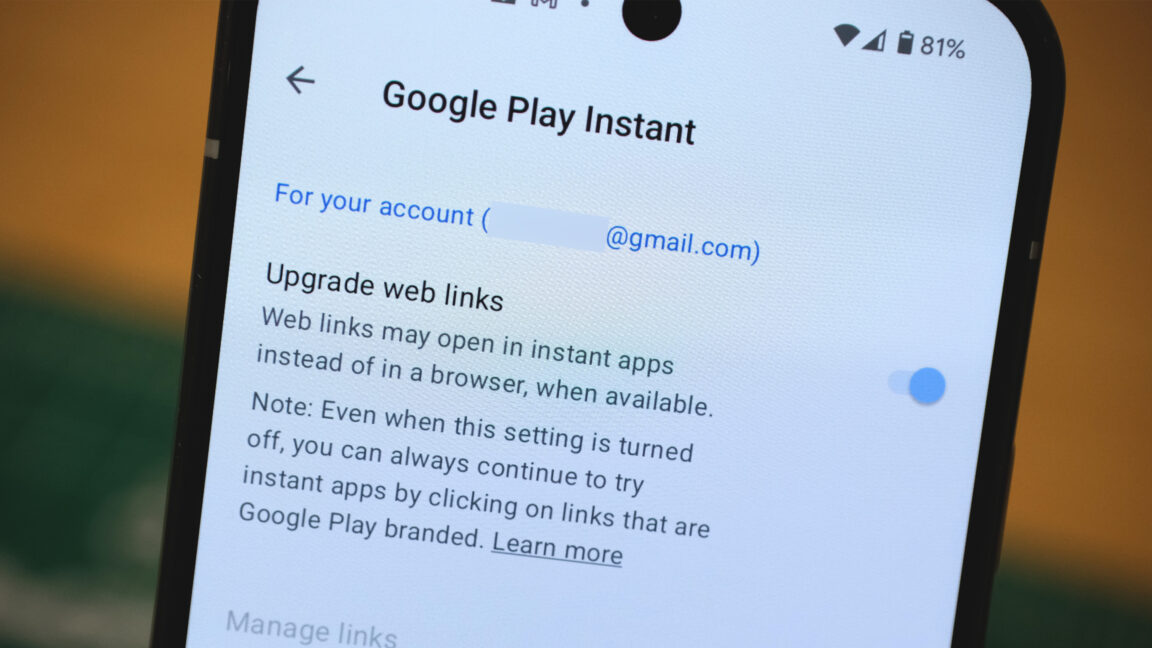Meta AI’s discover feed is full of people’s deepest, darkest personal chatbot conversations
Meta’s artificial intelligence tool might be a little too easy to use. The discover feed for Meta AI, the social media giant’s one-stop shop for AI image creation and chatbot brainstorming sessions, is full of what appears to be people’s deepest, darkest personal queries—unknowingly shared for all to see. The feed is accessible via Facebook and is mostly a collection of harmless user-generated AI images, such as Tony Stark designing Air Jordan sneakers and Donald Trump surrounded by a pit of flames. But interspersed throughout the fire hose of content is a significant amount of chatbot prompts from users who may have no idea that their activity is public. Examples include a user asking for tips on how to ask Asian women if they date older men, what to do if you have red bumps on certain parts of your body, and how to improve bowel movements. Many of the queries include the chatbot’s responses and follow-ups from the users, resulting in full-on conversations about highly inappropriate topics. And since Meta AI’s discover feed is meant to be a social experience, users can comment on the conversations—therefore, many of the most inappropriate threads also include comments from well-intentioned users trying to alert people that their potentially embarrassing posts are public. One Meta AI user even asked Meta’s chatbot if it is aware of the problem and how it plans to fix itself: “YOU are the app. What do YOU think?” Meta did not immediately respond to Fast Company‘s request for comment. Breaking a few eggs in the AI arms race Meta AI does warn users when they’re about to post something publicly, but the interface is new and may not be familiar to Facebook users who are newly encountering the discover feed. The intimate and inappropriate nature of the chats offers an interesting window into the types of queries that people plug into AI tools when they think no one is watching. Meta, like all other Big Tech giants, is investing heavily in generative artificial intelligence, most recently preparing a research lab that it reportedly hopes will lead to the AI holy grail of “superintelligence.” But the company has seen missteps along the way. As Fast Company reported earlier this year, its AI studio—which allows users to create AI characters—was prone to creating bots that were sexually suggestive and sometimes appeared to be underage. Don’t expect Meta to slow down, however. The parent company of Facebook, Instagram, and WhatsApp said in its most recent earnings report that it expects capital expenditures of a staggering $64 billion to $72 billion this year. In the short term, it may need to use some of that money to make the merging of social media with generative AI a little less awkward.
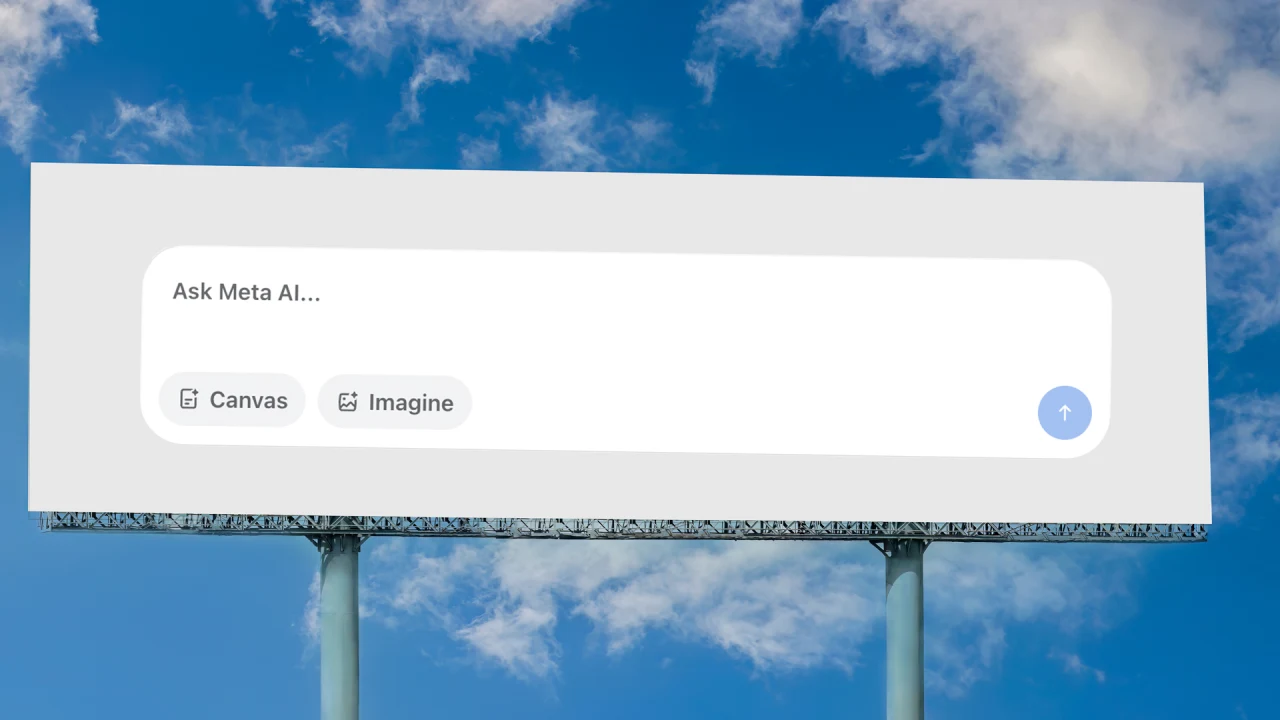
Meta’s artificial intelligence tool might be a little too easy to use.
The discover feed for Meta AI, the social media giant’s one-stop shop for AI image creation and chatbot brainstorming sessions, is full of what appears to be people’s deepest, darkest personal queries—unknowingly shared for all to see.
The feed is accessible via Facebook and is mostly a collection of harmless user-generated AI images, such as Tony Stark designing Air Jordan sneakers and Donald Trump surrounded by a pit of flames. But interspersed throughout the fire hose of content is a significant amount of chatbot prompts from users who may have no idea that their activity is public.
Examples include a user asking for tips on how to ask Asian women if they date older men, what to do if you have red bumps on certain parts of your body, and how to improve bowel movements. Many of the queries include the chatbot’s responses and follow-ups from the users, resulting in full-on conversations about highly inappropriate topics.
And since Meta AI’s discover feed is meant to be a social experience, users can comment on the conversations—therefore, many of the most inappropriate threads also include comments from well-intentioned users trying to alert people that their potentially embarrassing posts are public.
One Meta AI user even asked Meta’s chatbot if it is aware of the problem and how it plans to fix itself: “YOU are the app. What do YOU think?”
Meta did not immediately respond to Fast Company‘s request for comment.
Breaking a few eggs in the AI arms race
Meta AI does warn users when they’re about to post something publicly, but the interface is new and may not be familiar to Facebook users who are newly encountering the discover feed.
The intimate and inappropriate nature of the chats offers an interesting window into the types of queries that people plug into AI tools when they think no one is watching.
Meta, like all other Big Tech giants, is investing heavily in generative artificial intelligence, most recently preparing a research lab that it reportedly hopes will lead to the AI holy grail of “superintelligence.”
But the company has seen missteps along the way. As Fast Company reported earlier this year, its AI studio—which allows users to create AI characters—was prone to creating bots that were sexually suggestive and sometimes appeared to be underage.
Don’t expect Meta to slow down, however. The parent company of Facebook, Instagram, and WhatsApp said in its most recent earnings report that it expects capital expenditures of a staggering $64 billion to $72 billion this year.
In the short term, it may need to use some of that money to make the merging of social media with generative AI a little less awkward.




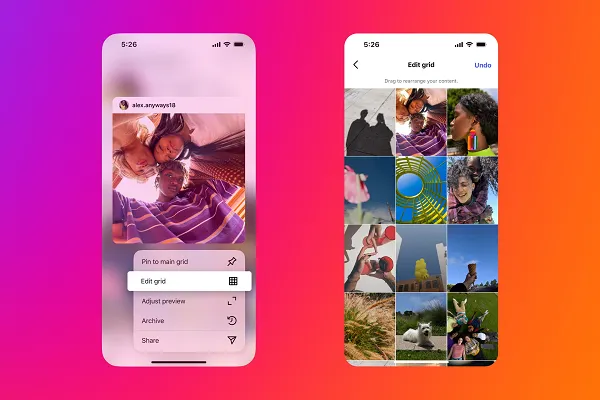
![X Highlights Back-To-School Marketing Opportunities [Infographic]](https://imgproxy.divecdn.com/dM1TxaOzbLu_kb9YjLpd7P_E_B_FkFsuKp2uSGPS5i8/g:ce/rs:fit:770:435/Z3M6Ly9kaXZlc2l0ZS1zdG9yYWdlL2RpdmVpbWFnZS94X2JhY2tfdG9fc2Nob29sMi5wbmc=.webp)
